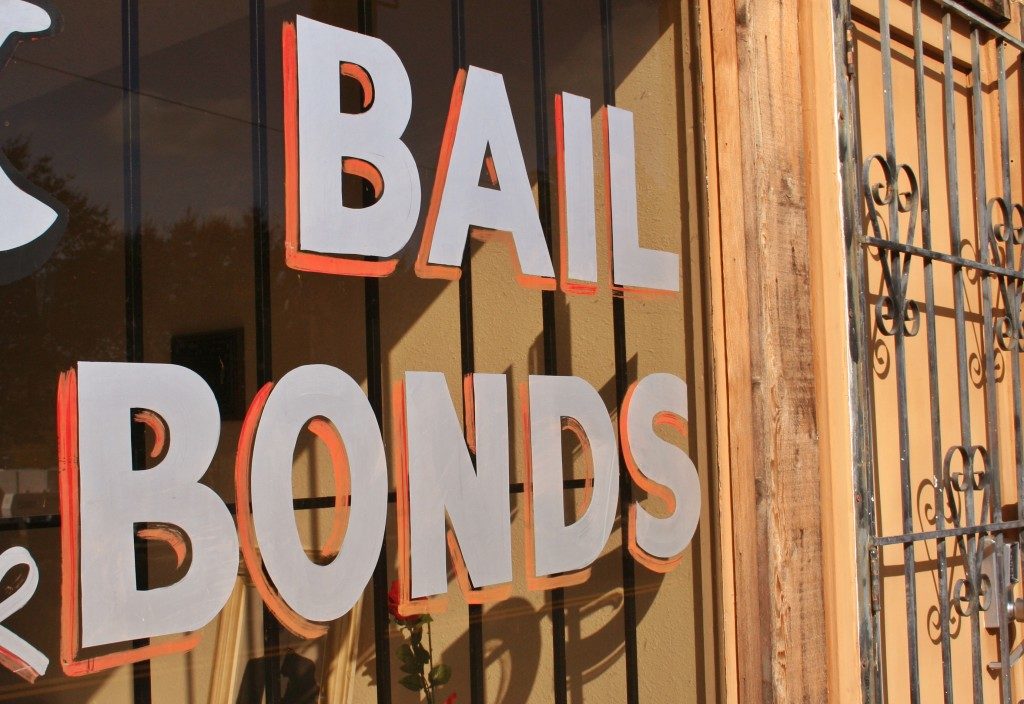People today are more aware of their mortality than ever before. They want to know what will happen to their assets after they die and how it can affect those who are left behind. The following is a brief explanation of the process that takes place when someone dies, specifically with regard to the distribution of property after death.
When someone dies, their assets are passed onto their heirs
When someone dies, their assets are passed onto their heirs. This includes any property, money, or other belongings that the person had at the time of their death. The process of transferring assets to the heirs can vary depending on the state in which the person died and whether they had a will or estate plan in place. If the person didn’t have a will, their assets would be distributed according to state law. It’s important to understand what will happen to your belongings after you die, and for more information, you should consult an estate planning attorney.
Items that have sentimental value may be given to charity instead of passing them on to the deceased’s family
People often choose to donate items that have sentimental value to charity instead of passing them on to their families after they die. This can be a difficult decision, but it can be beneficial for both the donor and the charity. For the donor, it provides a way to give back and help others in need. For the charity, it means they can receive valuable donations that will help them further their mission. If you’re considering donating items with sentimental value to charity, be sure to do your research first. There are many worthy organizations out there, but not all of them are reputable. Talk to friends and family members who have donated to charities in the past and ask for their recommendations. Then, take the time to research any organizations you’re considering donating to.
Only the executor of the will has the authority to sell estate property
When someone dies, only the executor of their will has the authority to sell any estate property. This includes property such as homes, cars, or other belongings. The executor is responsible for carrying out the terms of the will and making sure that the deceased’s wishes are followed. If you’re an executor, it’s important to understand your rights and responsibilities. If you’re not sure what you should do, or if you need help carrying out your duties, it’s best to consult with an attorney.
The assets will be divided among beneficiaries according to a set formula
If the person who died didn’t have a will, their assets would be divided among their beneficiaries according to a set formula. This formula varies from state to state, but it typically takes into account things such as the size of the estate and the relationship of the beneficiaries to the deceased. It’s important to understand how your state distributes assets after death, as this can affect who inherits your property.
If someone dies without a will, their assets are distributed among their beneficiaries according to state law
If someone dies without a will, their assets are distributed among their beneficiaries according to state law. This includes property, money, and other belongings. State laws vary when it comes to the distribution of assets after death, so it’s important to understand how your state handles this process. If you’re not sure what to do or where to turn, you should consult an estate planning attorney. They can help you understand your rights and responsibilities as an heir or beneficiary and can guide you through the process of distributing assets after someone has died. Alternatively, your family can also connect with a probate law firm like Keystone Law to help them through this difficult time.
It’s important to plan for what will happen to your assets after you die

No one knows when their time will come, so it’s important to plan for what will happen to your assets after you die. This includes creating a will and estate plan and choosing the right beneficiaries. If you don’t have a will, your assets will be distributed according to state law. This can be a difficult process, and it’s often best to consult with an estate planning attorney. They can help you create a will that reflects your wishes and make sure that your assets are passed on to the right people.
Final Thoughts
The information in this brief is for educational purposes only and should not be taken as legal advice. For more information on what happens to your assets after death, please consult an estate planning attorney.



